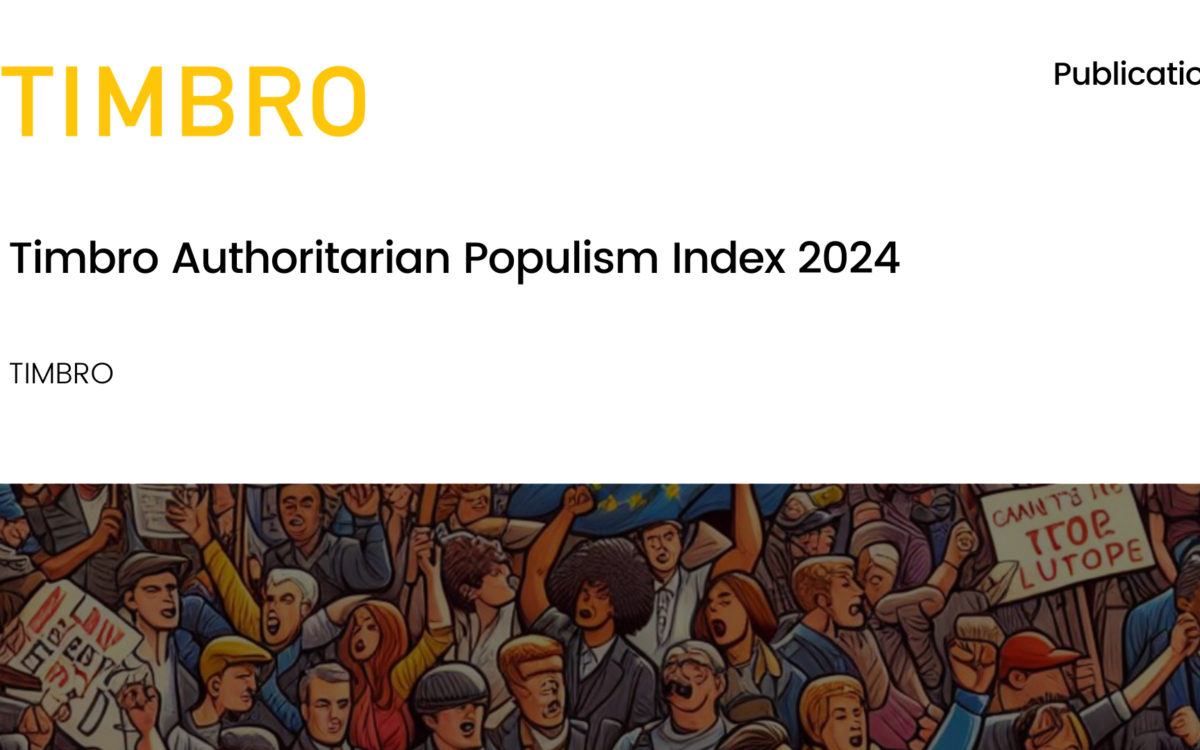Balancing the Economy: the Hand of Government or the Invisible Hand?

Balancing the Economy: the Hand of Government or the Invisible Hand?
January 2017
The past record of industrial policy in the UK is a catalogue of waste and ineffectiveness. By the end of the 1970s it was widely accepted that the strategy of attempting to pick winners and promoting national champions was fundamentally flawed.
The international record is only slightly more encouraging. Previous models such as France and Japan no longer provide a convincing case for government intervention. More recent examples of apparently successful industrial strategy, such as South Korea, seem to be more ambiguous than their advocates suggest.
The UK’s economy and its population would be better supported by a revival of ‘horizontal’ rather than ‘sectoral’ strategy, concentrating on boosting competition, relaxing planning controls, liberalising energy, deregulating markets and promoting tax reform. The government should also eschew protectionism and excessive restrictions on immigration.
Download or share this publication
View the PDF
EPICENTER publications and contributions from our member think tanks are designed to promote the discussion of economic issues and the role of markets in solving economic and social problems. As with all EPICENTER publications, the views expressed here are those of the author and not EPICENTER or its member think tanks (which have no corporate view).



